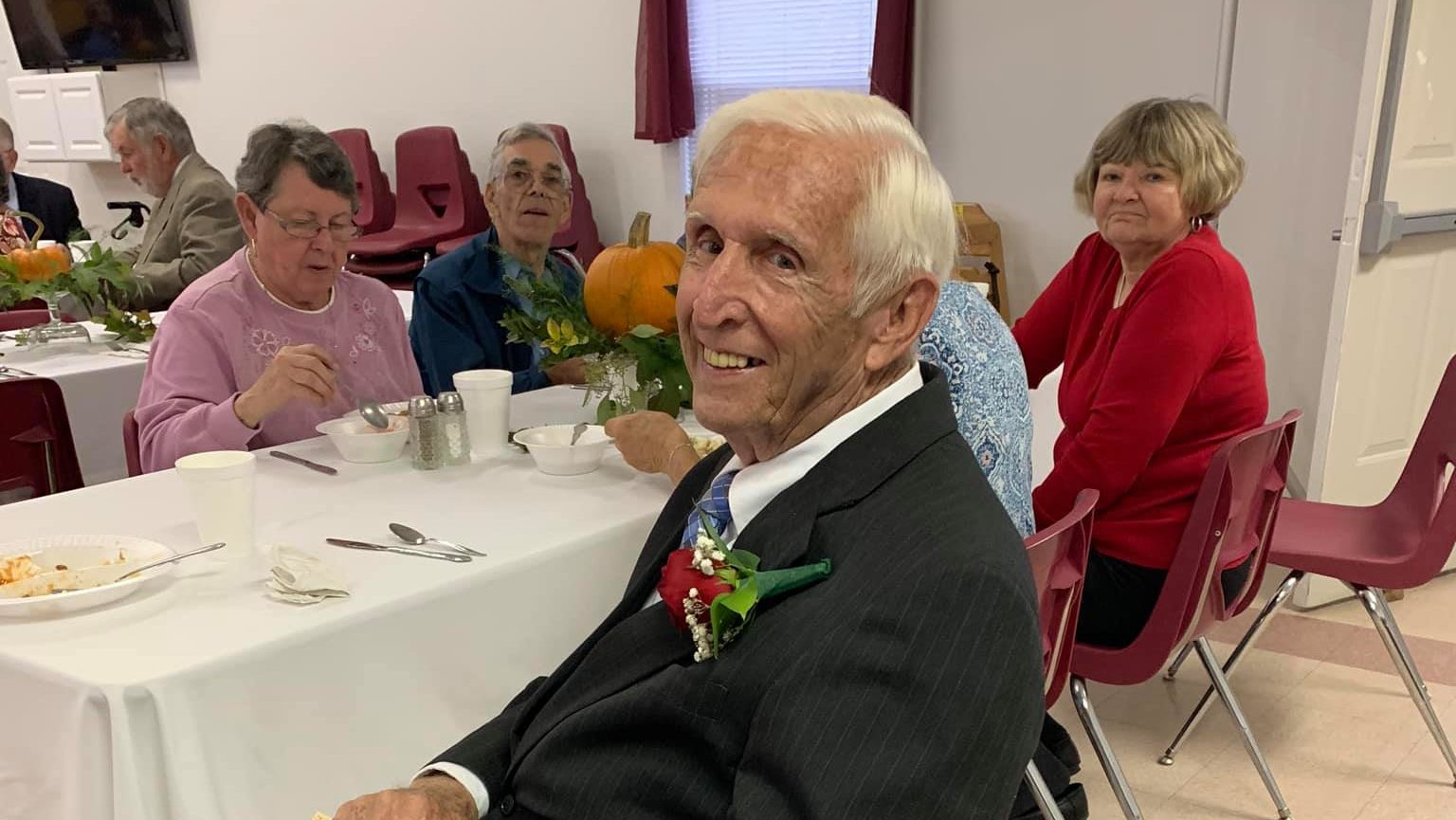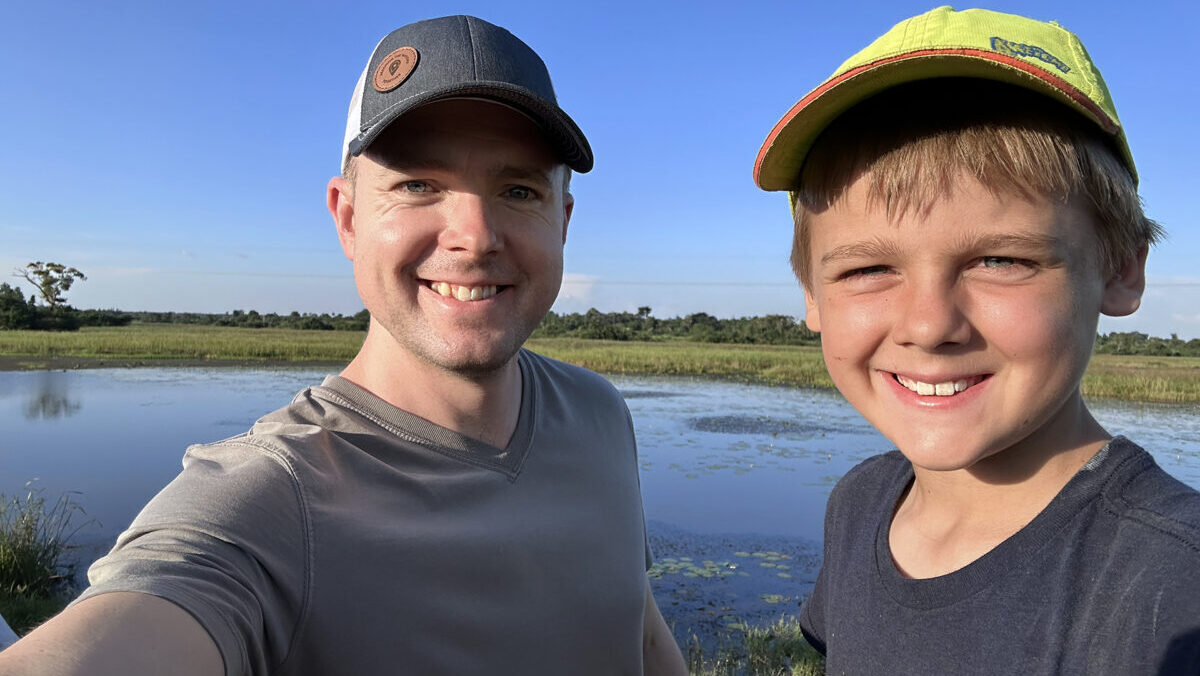One morning more than 40 years ago, I arrived at the Baltimore Baptist Association office a little later than was typical for me. I had a message to call Lawrence Childs, director of the association in Charlotte, North Carolina.
I hoped what he wanted was something good. The last 24 hours had been terrible. I had turned down an offer to become a national consultant for the Home Mission Board (now North American Mission Board).
Childs and the Mecklenburg Baptist Association had a great reputation. He was a model of leading edge associational work. I was glad to talk with him about anything. I had so much to learn.
When we connected, I discovered he was asking me to interview for a missions role on his staff. What a great turnaround — within 24 hours I went from having no ministry position when my two-year internship was complete, to having the possibility of joining the staff of a leading association.
It worked out. We moved from Baltimore to Charlotte. The next few years were filled with great joy and opportunities to grow deeper and broader in ministry. I learned so many things in working with my Baptist association hero.
Caring deeply
Childs cared deeply about pastors and staff persons in congregations. He desired them to be spiritually and emotionally healthy and strategically creative. He also challenged them to do great things for the Kingdom.
He motivated them to put their gifts and skills into practice to help the full family of congregations and not to be selfish with their gifts, helping only their own congregation. Many pastors and staff persons were deeply involved in the association because of Childs’ relationship with them and the leadership he provided.
Childs wanted laypeople to be equally committed to empower their congregation and the associational family of congregations to strive toward their full Kingdom potential. Charlotte was a diverse metropolitan area with many opportunities for ministry. It still is.
Entrepreneurship and innovation were hallmarks of Childs’ ministry. He was always looking for new opportunities. One way he expressed this was how he dealt with the location of the associational office. Several times during his tenure the associational office relocated to new facilities in different parts of the city.
The interim period between pastors was a high priority for Childs. He wanted congregations to call the best possible pastors. To do this he wanted every congregation to allow our staff to lead them in strategic planning during the interim. This would empower them to know what gifts and skills they needed in their next pastor.
Respected by all
Childs could run with the eagles. The pastors of small congregations, growing and declining congregations and ones of theological diversity respected Childs. Pastors of large and leading edge congregations also respected Childs. While they were not always deeply involved in the association, they gave permission for their staff to be involved.
Childs led us as a staff to do our best. He could see beyond where we were to what we could be. We could never rest and feel like we had done enough. However, it was not overwork he wanted. He wanted our best work.
Childs wanted the association of churches to have a clear focus and direction that was deeply owned by the congregations and their leaders. Thus, we led the association as an organism to have a clear future story of missional ministry.
Don’t get me wrong. Childs’ life was not consumed by the association. He was just clearly strategic and appropriately protective of his time.
Often Childs would get to the office around 6 a.m. He loved morning meetings. By lunchtime you could see him looking at his watch. As soon as possible he left to drive 100 miles north to Hillsville, Virginia, where he had an apple orchard.
The reality is he was covocational. Director by day. Farmer by night. Always committed to God’s kingdom. My hero forever.
Early retirement more than 30 years ago allowed Childs to move to his farm. Now his passion beyond God’s kingdom are flowers and grandchildren.
Who is your association hero? Let’s tell their story.








